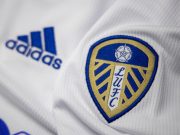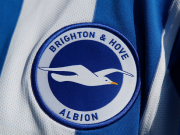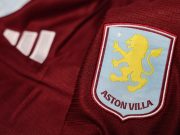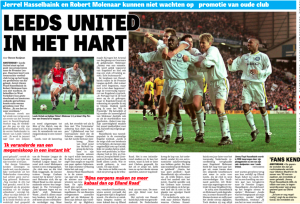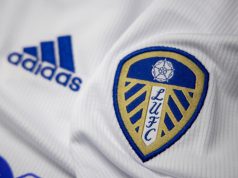With Leeds United on the brink of a return to the Premier League, they’ve been earning themselves plenty of attention in the European media this week.
Marcelo Bielsa’s side now need just four points from three games to seal their return and, naturally, everyone is talking about it.
Earlier this week we covered a piece on them from Spain that took a small detour through history and argued that Bielsa may be deserving of a statue alongside the great Don Revie.
Today is De Telegraaf’s turn, and they’ve taken their own look at Leeds’, giving them a full-page spread and plenty of coverage.
This involved sitting down with some former United players – who just so happen to be Dutch – in the shape of Robert Molenaar and Jimmy Floyd Hasselbaink.
Molenaar, for those that don’t know, played for Leeds between 1997 and 2001.
After a rocky start to life in England, he soon became a huge fan favourite, with fans affectionately naming him the Terminator during his time at Elland Road.
“I was signed for a million pounds in January 1997,” he told the newspaper.
“Even before I had hit one ball, I was considered the biggest mistake in the club’s history.
“But after my debut against Leicester City, in which I had played Emile Heskey out of the match and was declared Man of the Match, the scepticism disappeared in one fell swoop.
“I changed from a mega-sale to an instant hit.”
“It was a nickname against my will and one I wasn’t grateful for. As if I could only bang, while I saw myself more as a footballing defender.
“But hey, it touched me when I saw fans with ‘The Terminator’ on the back of their shirt.”
Molenaar arrived at Leeds when the club was in something of a dark period, having suffered for seven years following their title success in 1992.
The club had been the first-ever Premier League champions that year but finished 17th the following year and by 97 were very much a mid-table team after an 11th placed finish the year before.
Manager George Graham had plans to turn that around, though, something Molenaar admits he didn’t see happening.
“After that title, the club had subsided considerably, the new trainer George Graham had to turn the tide,” he added.
“But from chief scout Ian McNeill, I understood that Graham wanted to storm the top six in his second season.
“I thought, do you know what you’re saying? Then there may be a few more players. To my stupid surprise, it worked out.”


